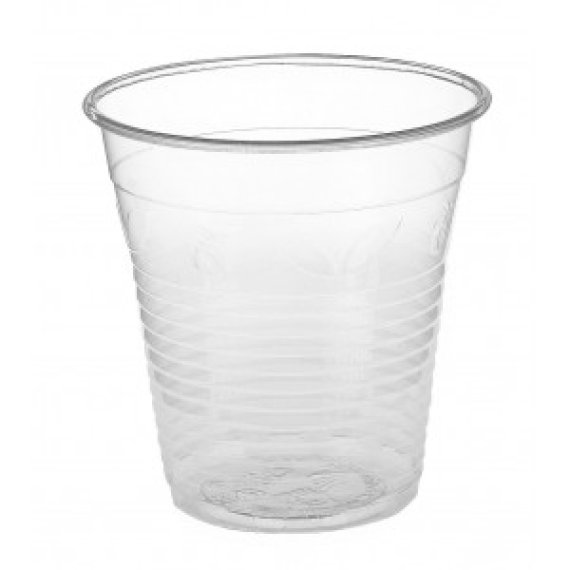This was announced yesterday by Karin Molenveld (Food & Biobased Research) during the ‘Biobased Performance Materials’ symposium in Wageningen. Disposal cups for coffee are now made from petroleum because the bioplastic polylactide (PLA) is not yet able to withstand hot coffee. PLA usually becomes soft at temperatures above 60 degrees Celsius. A method has already been found to make PLA heat resistant but currently, this can only be carried out in a laboratory.
Right mix
The trick is to mix left-turning and right-turning lactic acids in the right proportions under specific circumstances. Christiaan Bolck (Food & Biobased Research) and his colleagues have now found the right mix for use in a commercial production line for cups in a factory in Germany. They have adjusted and set up the equipment in such a way that heat resistant polylactide cups can be manufactured commercially at high production speeds. The commissioning company, which does not want to be named yet, will be producing the cups in this way.
Audi
The symposium attracted 150 people, most of whom are from the manufacturing industry and the academic sector. It covered developments in bioplastics, which can compete with plastics made from petroleum, and which have an extra something. ‘It is that extra characteristic which will enable them to make inroads into the market,’ says Bolck, who is also the director of the Biobased Performance Materials programme. For example, car producer Audi finds bioplactics interesting not only because they are organic in nature, but also because they are lighter than normal plastics. A representative from Audi said during the symposium that Audi will increase its use of bioplastics, which will also include the bodywork in the future.

